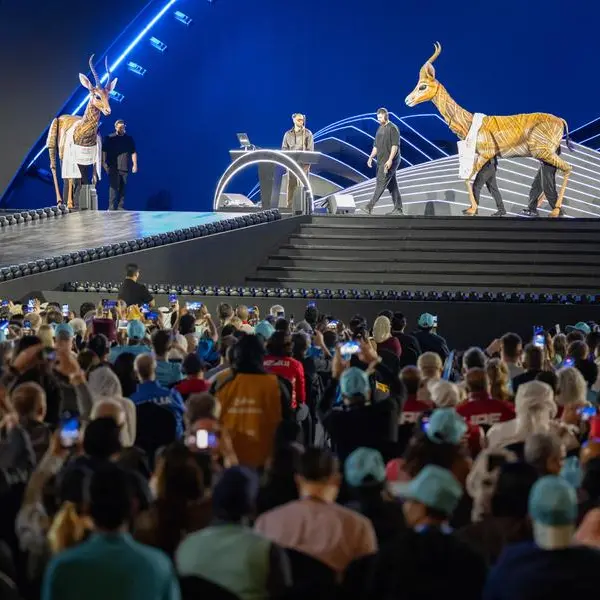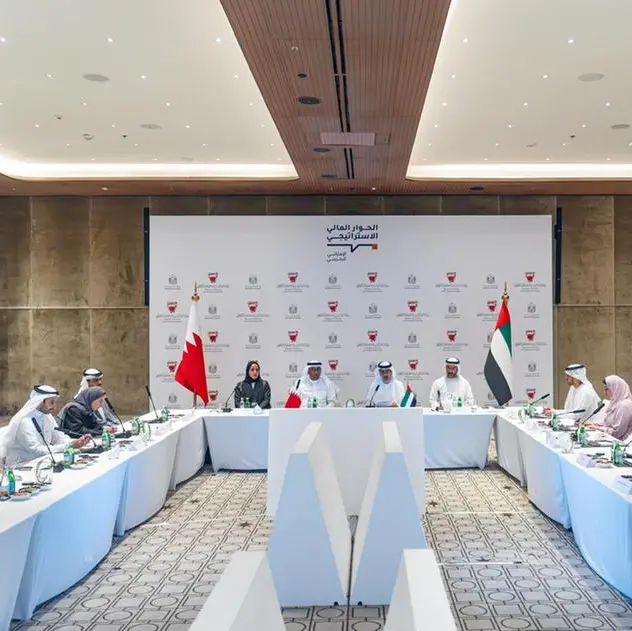PHOTO
Abu Dhabi: On its second day, participants in the 69th International Congress of Aviation and Space Medicine (ICASM) discussed many medical topics in the field of aviation and space medicine in four main sessions. The Congress is being hosted by Abu Dhabi for the first time in the Middle East during October 27-29 with around 600 participants from all over the world.
Etihad Airways’ participation in ICASM through Etihad Airways Medical Centre is very important, as its experts and specialists contributed to developing the scientific programme of the Congress and revising lectures and research papers, as well as actively participated in discussions of its sessions.
Dr. Nadia Bastaki, the UAE's first female consultant in Aviation Medicine Specialist and Executive Director of Personnel and Corporate Affairs at Etihad Airways, said that aviation and space medicine in the UAE has evolved significantly in all aspects.
On the sidelines of the ICASM-2023, Dr. Bastaki stated that the Congress aims to enhance awareness of medical staff and community members of the importance of aviation medicine.
“Airlines should focus more on travelers’ safety, which is closely related to the safety of pilots and crew members, who necessarily must be fit and healthy so as to be able to fulfill their tasks safely and securely,” Dr. Bastaki added.
She also pointed out that Etihad Airways is keen to keep pace with innovations and scientific developments in the field of aviation and space medicine, and acquire the latest equipment in this field. It also hires the most distinguished healthcare companies to take care of its crews of pilots and flight attendants, as well as passengers on board its flights. The flight attendants are also trained on first aid and how to deal with any health symptom on board through communicating with the medical team on the ground.
Dr. Bastaki also said that the Etihad Airways clinic is equipped according to the highest international standards. It is the region’s first clinic certified by the Civil Aviation Authority, the International Aviation Agency, and the Department of Health in Abu Dhabi.
All the necessary medicines are available on board Etihad Airways flights to be provided when needed to patients on board, she added.
Air transport of human organs
Dr. Maria Paula Gomez, UAE, Director and Organ Transplantation Expert at the National Programme for Organ and Tissue Donation and Transplantation, “Hayat” at the Ministry of Health and Prevention, spoke about the importance of a rapid response to the process of transporting human organs, arrival of air ambulance to patient ASAP wherever he/she is.
She said that about 16,118 people are registered in the “Hayat” programme, which has performed 460 organ transplants since 2017 until today, while the number of organ donors has reached about 160 donors during the same period, noting that about 4,000 patients in the UAE have chronic kidney disease, undergo dialysis and need kidney transplants.
The 2nd Day’s Sessions
The first session was chaired by Dr. Declan Maher, Secretary General of the European Society of Space Medicine, and Dr. Punita Masrani, Aviation Medicine Specialist at VM Medical Centre, Mumbai, India. The discussion focused on mental health, cognitive fitness, the relationship between occupational stress sources and coping, strategies with the moderating role of personality in airline crew, and the effect of pilots’ chronic stress for civil aviation safety.
The second session, which was chaired by Dr. Henry Lupa and Dr. Kris Belland, discussed science and education portfolio for the UAE long-duration astronaut mission 2023 by Eman Altunaiji for the UAE. It also discussed enabling vehicle-independent space medicine through a paradigm shift, an international pathway for space medicine education, and near-term future needs in space medicine education.
The third session was chaired by Prof. Erik Hohmann, President of the Organizing Committee, Specialist Aeromedical Examiner, Professor Medical School, University of Pretoria, South Africa. It discussed high altitude training in modern air forces, common musculoskeletal injuries in ground staff, and cornea sharing and transport for transplantation
The fourth session was chaired by Dr. Punita Masrani and Dr. Desmond Connolly, as it discussed a working fatigue risk management programme in university pilot training, impact of USAF flight operations on fatigue and pro-inflammatory cytokines, applications of artificial intelligence to combat hypoxia and fatigue in the cockpit, and dissimilar cognitive and physiologic responses to normobaric versus hypobaric hypoxia.




















